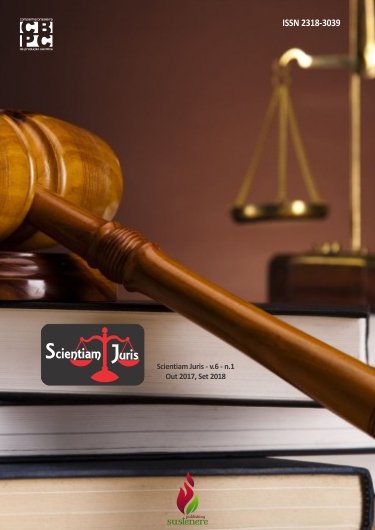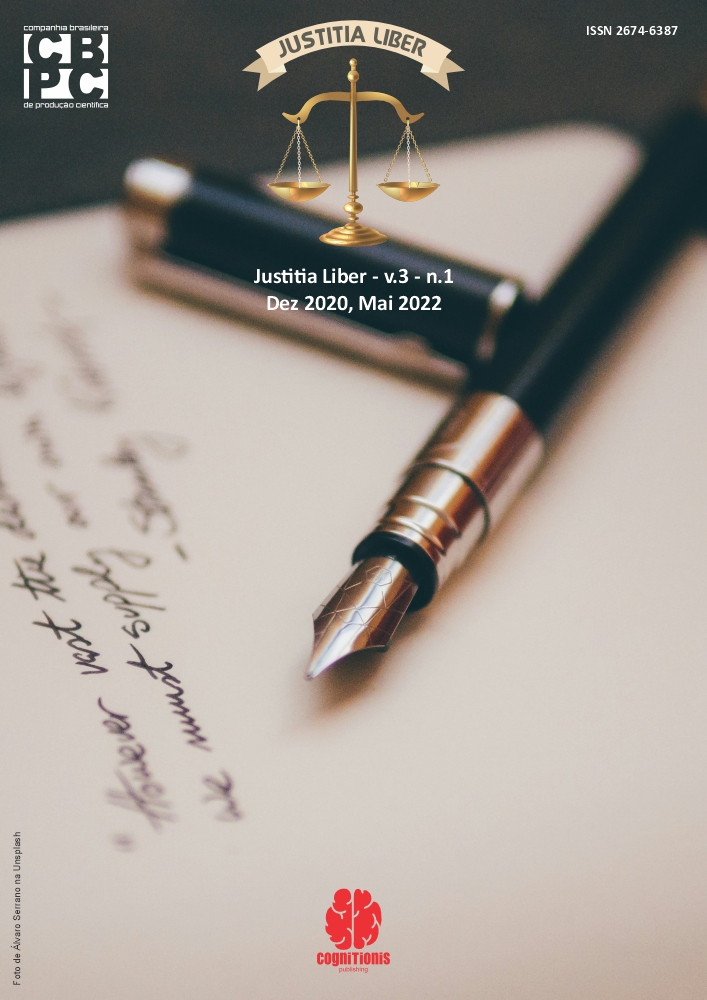Telephone Interception and Criminal Investigation
DOI:
https://doi.org/10.6008/SPC2318-3039.2018.001.0002Keywords:
Telephone Interception, Proof, Criminal ProceedingsAbstract
The Telephone Interception is one of the elements that constitute the elucidation of a crime or of an authoría, contributing, in practice, to the understanding about the context that involves the criminal fact. In this sense, there is a need to reflect on what the law says about this capture of communication between individuals, which is accomplished through a technological resource that is called a telephone. As two interlocutors talk, a third listens without their knowledge. It may also occur, with the knowledge of one of the people participating in that communication. In the case of clandestine recording, the speaker himself records without the other knowing. The legislation only regulates the hearing of third parties, with the purpose of producing evidence for the criminal investigation. Through bibliographic research, a systematization of works already published on the subject is done, collecting data in books, academic works and scientific articles. With technological advancement, telephone interception covers any form of communication, including text and voice messages. It is concluded that this measure must be carried out with prior judicial authorization under penalty of invalidation. Mister, the telephone interception is distinguished from the break of telephone secrecy: the first is listening; and the second is intended only to analyze the records of connections made and the place where the individual was at the time of the connection.
Downloads
Downloads
Published
Issue
Section
License
The CBPC - Companhia Brasileira de Produção Científica (Brazil CNPJ: 11.221.422/0001-03) the material rights of the published works. The rights relate to the publication of the work anywhere in the world, including rights to renewals, expansions and dissemination of the contribution, as well as other subsidiary rights. All electronically published works may subsequently be published in printed collections under the coordination of this company and / or its partners. The authors preserve the copyright, but are not allowed to publish the contribution in another medium, printed or digital, in Portuguese or in translation.








